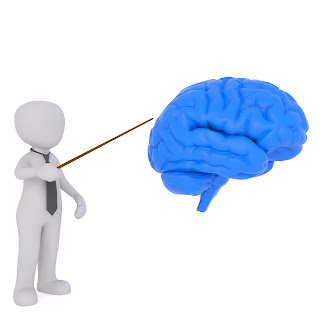Facial recognition, values, and the human brain

By Elisabeth Hildt Image courtesy of Pixabay . Research is not an isolated activity. It takes place in a social context, sometimes influenced by value assumptions and sometimes accompanied by social and ethical implications. A recent example of this complex interplay is an article, “ Deep neural networks can detect sexual orientation from faces ” by Yilun Wang and Michal Kosinski, accepted in 2017 for publication in the J ournal of Personality and Social Psychology. In this study on face recognition, the researchers used deep neural networks to classify the sexual orientations of persons depicted in facial images uploaded on a dating website. While the discriminatory power of the system was limited, the algorithm was reported to have achieved higher accuracy in the setting than human subjects. The study can be seen in the context of the “prenatal hormone theory of sexual orientation,” which claims that gay men and women tend to have gender-atypical facial morphology. The abstract ...


